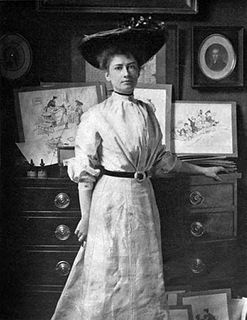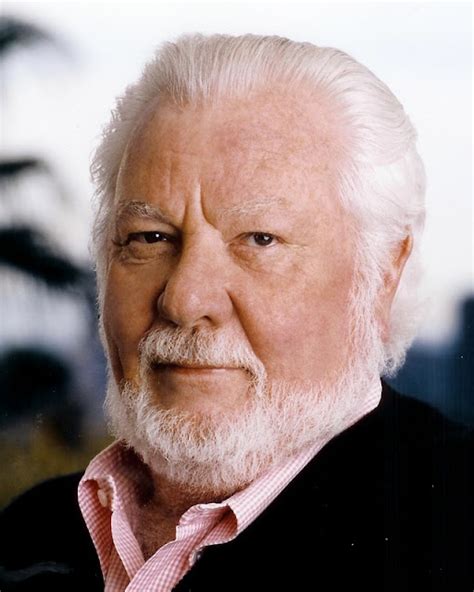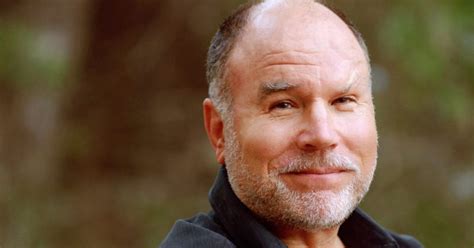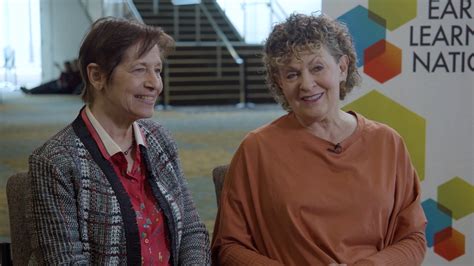A Quote by Adam Grant
Procrastination gives you time to consider divergent ideas, to think in nonlinear ways, to make unexpected leaps.
Related Quotes
From your results I have determined that you are one of the strongest Divergent, which I say not to compliment you but to explain my purpose. If I am to develop a simulation that cannot be thwarted by the Divergent mind, I must study the strongest Divergent mind in order to shore up all weaknesses in the technology.
Take death for example. A great deal of our effort goes into avoiding it. We make extraordinary efforts to delay it, and often consider its intrusion a tragic event. Yet we'd find it hard to live without it. Death gives meaning to our lives. It gives importance and value to time. Time would become meaningless if there were too much of it.
The essence of procrastination lies in not doing what you think you should be doing, a mental contortion that surely accounts for the great psychic toll the habit takes on people. This is the perplexing thing about procrastination: although it seems to involve avoiding unpleasant tasks, indulging in it generally doesn't make people happy.
Presenting both sides of Christianity gives the skeptic room to breathe - and to consider the possibility that there's room in Christianity for diversity in interpreting the Bible. And it gives the traditionalist pause to think again - and to consider the possibility that she might need to tweak her hermeneutic.
At school, when kids are being encouraged to get the one right answer and fill in that bubble, people can do things that enable their children to solve problems in multiple ways: "Can you think of different ways to make the bed?" It costs nothing, and the child is learning, "I have good ideas, I can be creative, and I can show you that I have confidence."



































